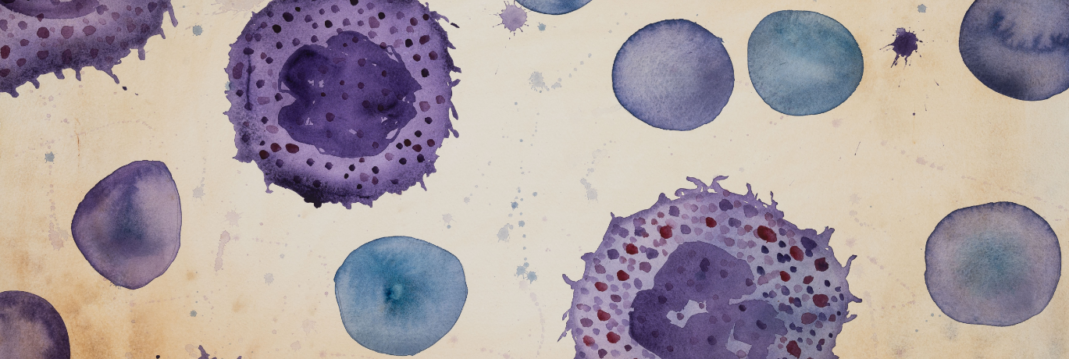Integration of xeno-free single-cell cloning in CRISPR-mediated DNA editing of human iPSCs improves homogeneity and methodological efficiency of cellular disease modeling
Atefeh Namipashaki, Kealan Pugsley, Xiaodong Liu, Kirra Abrehart, Sue Mei Lim, Guizhi Sun, Marco J. Herold, Jose M. Polo, Mark A. Bellgrove, and Ziarih Hawi.
Stem Cell Reports, 2023
This article presents an improved method for generating genetically homogeneous induced pluripotent stem cell (iPSC) clones following CRISPR-Cas9 genome editing. The greatest single-cell clone survival rate, 70 %, was noted when the human full-length laminin-521 (Biolaminin 521, LN521) surface matrix was applied, with a substantial increase from the 36% survival rate observed when vitronectin was utilized.
The method employs ribonucleoproteins and lipid transfection. Validation of the approach across three iPSC lines consistently showed high editing efficiencies. The resulting cloned iPSC lines retained pluripotency, differentiation potential, and genomic stability.

Talk to our team for customized support
We are here to help you in your journey.